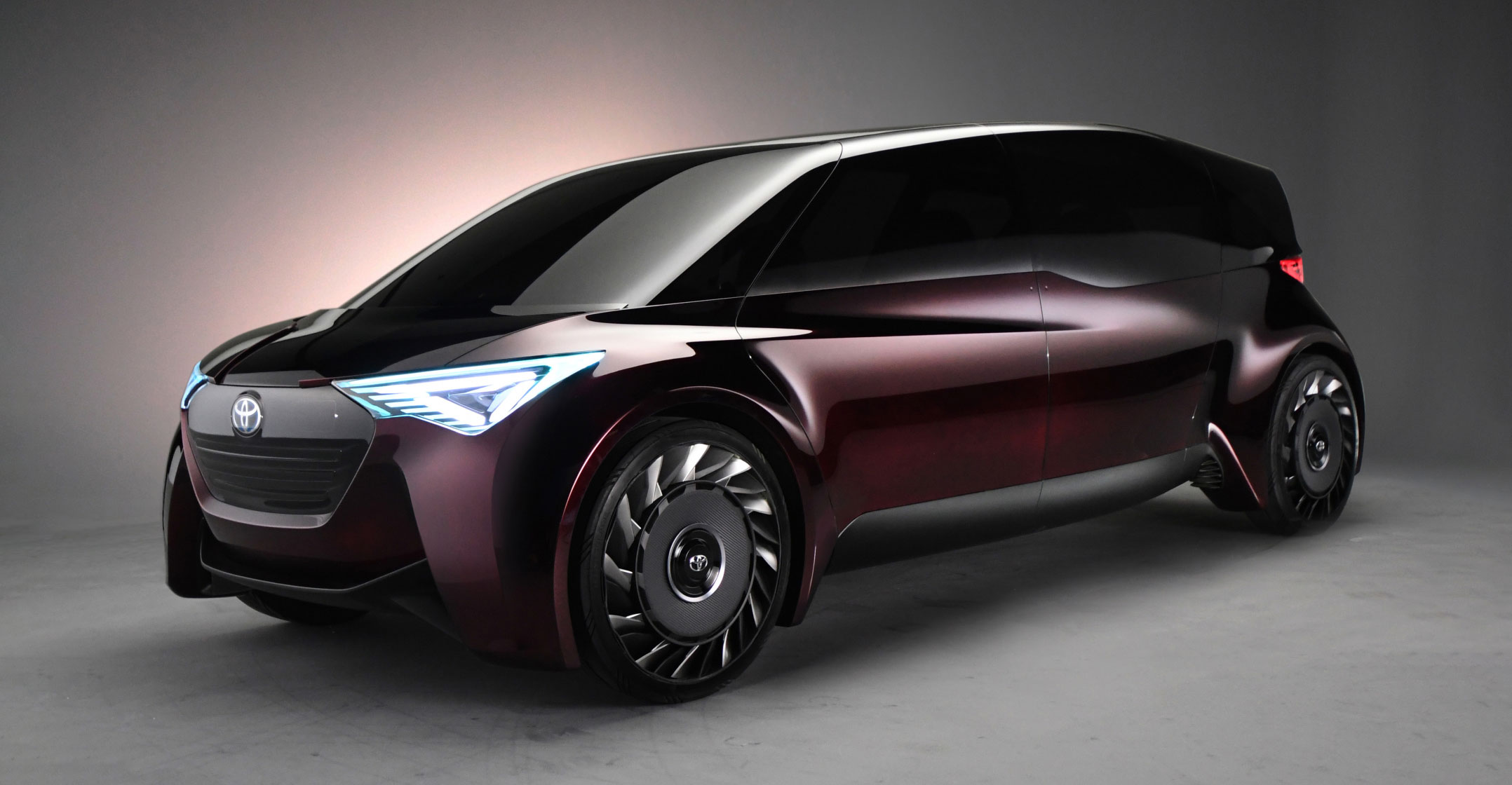
Toyota is set to unveil a fuel-cell concept car that aims to offer 50% more driving range than its current hydrogen-powered sedan in a technology push that defies a rising wave of battery-driven vehicles.
Japan’s biggest car manufacturer is targeting a 1 000km range for the Fine-Comfort Ride concept saloon under local standards, compared with about 650km for the current Mirai fuel-cell vehicle, according to a statement on Wednesday. The concept car, to be introduced at the Tokyo Motor Show next week, will include artificial intelligence and automated driving features.
Toyota is continuing to champion fuel-cell vehicles as the ultimate zero-emission cars, even as the falling cost of lithium-ion batteries has lured a majority of car makers to plug-in technology in the face of ever more stringent environmental standards worldwide. China, the world’s largest market, said last month that it was working on a timeline to end the sale of internal combustion vehicles, joining countries including France, India and the UK.
While Japan has created a Hydrogen Society Roadmap to increase the number of fuel-cell vehicles on its roads to 40 000 by 2020, there are currently just 2 200 or so. Bloomberg New Energy Finance estimates the government will only achieve 60% of its target.
Other than the Mirai, which Toyota launched in late 2014, only Honda has a hydrogen-powered car for sale in the country, the Clarity Fuel Cell. Toyota’s luxury arm, Lexus, has also committed to bringing a hydrogen-powered model to the market, introducing a concept sedan in 2015. Toyota aims to boost annual global sales of fuel-cell vehicles 10-fold to 30 000 units by about 2020 or after with a broader lineup, it said.
The Fine Comfort-Ride saloon can accommodate six people and seats can be rearranged so that they all face inward. A Toyota spokeswoman declined to provide additional details of the powertrain or self-driving technology.
Although hydrogen vehicles can be refuelled in about three minutes and have a substantially longer range than electric cars, they suffer from a lack of infrastructure. There are only 91 hydrogen stations nationwide, against the government’s goal of 160 by 2020, according to BNEF. On the other hand, Japan has about 7 200 public quick chargers, according to an estimate by Nissan.
Electric competition
Nissan’s Leaf, for instance, takes about 30 minutes for a single charge that offers a range of about 400km.
To encourage the establishment of more refuelling stations, Toyota is developing hydrogen-powered commercial vehicles, including a delivery truck it will use in a project with convenience store 7-Eleven Japan. A pair of Toyota fuel-cell buses began operation in Tokyo this year.
Toyota will display a new fuel-cell concept bus called Sora alongside the Fine-Comfort Ride saloon at the Tokyo Motor Show, which begins on 25 October, the company said in a separate release on Thursday. The bus has room for 79 people including the driver, two more than its current bus.
The concept has eight high-definition cameras monitoring the interior and exterior of the vehicle, LED lamps at the front and rear, fold-up seats, and acceleration control to prevent jerky starts. Toyota plans to begin sales of the bus from 2018, the company spokeswoman said.
Toyota aims to have a national fleet of more than 100 fuel-cell buses, mainly within Tokyo, before the city hosts the 2020 Olympic Games. — Reported by Kevin Buckland, (c) 2017 Bloomberg LP

